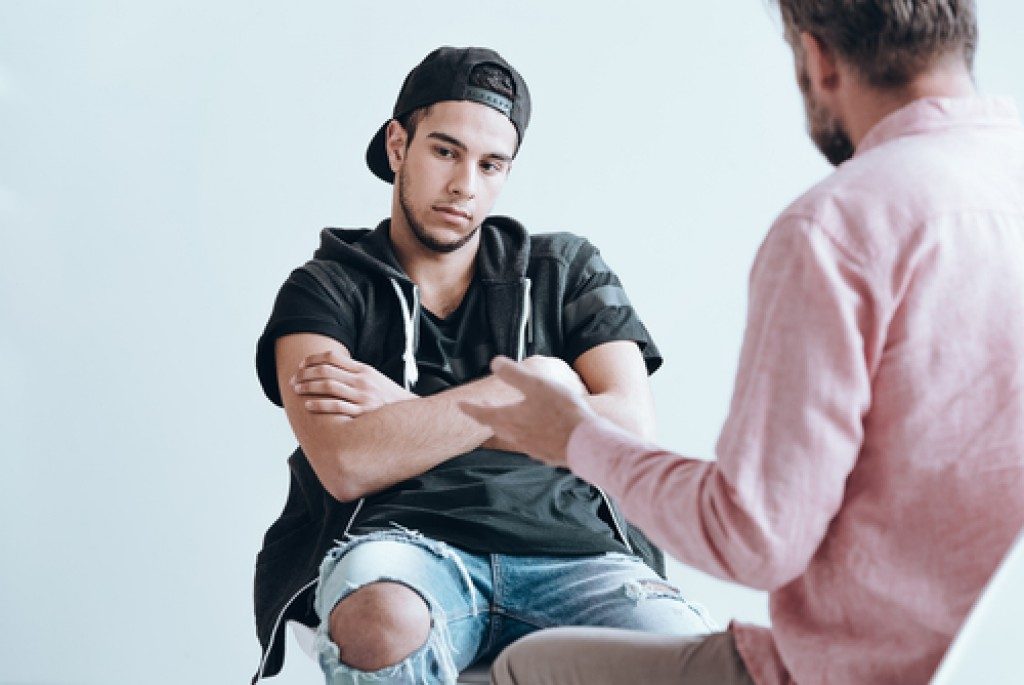There are tons of online guides that teach parents how to protect their children against bullies. But, if your kid is the bully, what should you do? Fortunately, there are also guidelines on how to deal with a child who is the aggressor and not the victim.
A visit to a clinic specializing in CBT or cognitive behavior therapy in Westport, CT might come in handy if the suggestions below fail to curb your kid’s aggressive behavior. But for now, it would be better if you stick to speaking with your child first and taking the following steps.
Call it what it is
If you receive a call from your child’s school saying that he bullied a classmate, try to look at the situation objectively. Some parents find it hard to accept that their kids are bullies because to them, that means they failed as parents.
But if your child ends up bullying his peers, it does not automatically show that you failed as a parent. It only means that your little one has some personal issues that he has difficulty managing.
Educate your kid about the repercussions of bullying
Most parenting guides say that you should discipline your child if he bullies other kids. But a better way to handle a situation like this is to educate your kid about the repercussions of his actions.
You should make him understand that what he is doing is causing distress in other children that could end up badly if he does not stop. The objective here is to help your kid empathize rather than correcting his behavior through punishments.
Make him understand that every time he bullies a child, he creates a toxic environment for that individual. And that person will find it hard to focus on studying because he no longer feels safe in school.
Find the root cause

Talk to your child and try to find the root cause of his behavior. Even if a child bullies another kid, it does not mean that he is bad all throughout. It only means he has some personal issues he cannot fix properly, and taking his frustration out on other kids is his option.
Perhaps he was bullied before and he understood that in order to prevent others from taunting him, he should be the first aggressor. It is like thinking that the best defense is offense. If that is the case, you should help him learn that this kind of mindset is not healthy or effective in warding off other bullies.
If he bullied another kid because he wanted to be part of the group who was also taunting the poor child, then you should teach him the consequences of falling under peer pressure. It might also help to tell him that if his newfound friends could bully a child, what would stop them from bullying him too?
Your kid should also learn that the best kinds of friends are those who know empathy and decency. It is never worth it to befriend people who find pleasure in the misery of other people, so teach your child the value of being a decent person.

